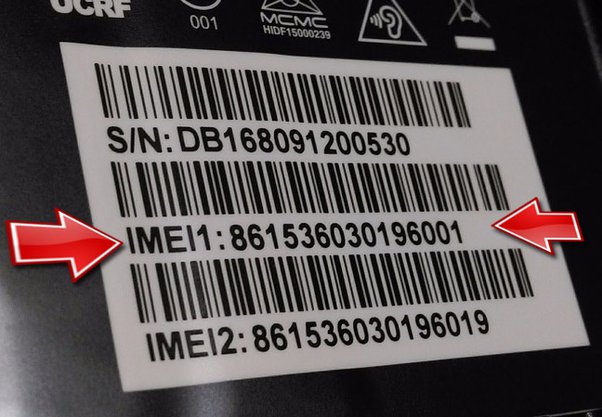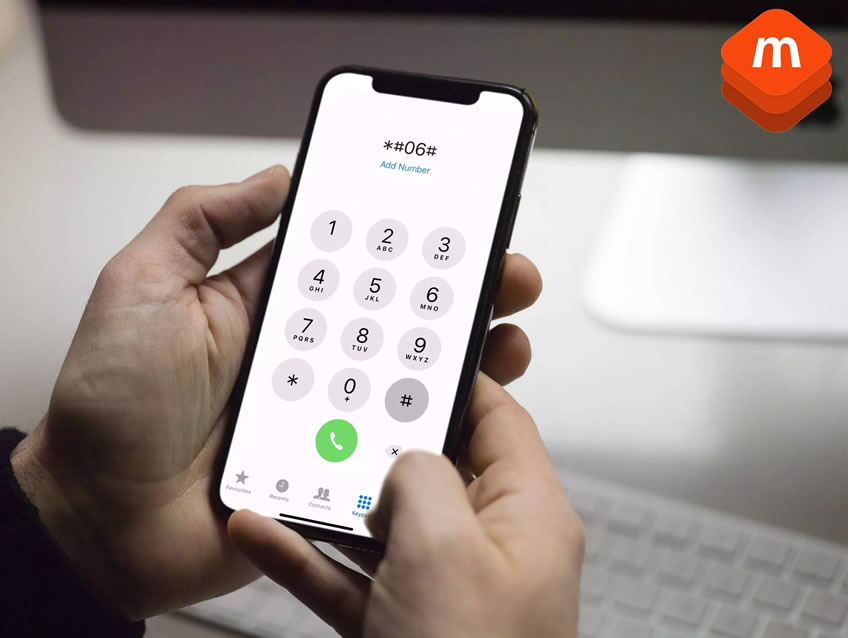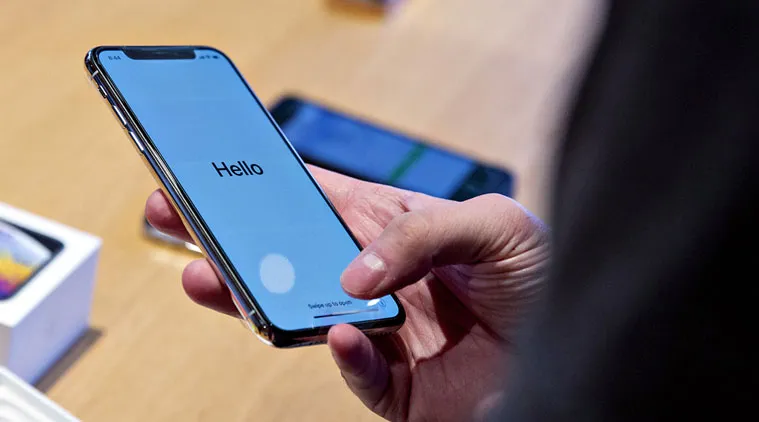As sellers in the modern marketplace strive to meet the demands of discerning customers, providing the IMEI number has become an essential practice. This unique identification code, assigned to each mobile device, serves as a crucial tool in verifying the authenticity and history of a phone.
By offering the IMEI number to potential buyers, sellers can not only build trust and transparency but also ensure a seamless transaction process. In a competitive landscape where trust and credibility are paramount, the inclusion of the IMEI number can set sellers apart and instill confidence in their customers.
This article will delve into the reasons why sellers should prioritize providing the IMEI number and the positive impact it can have on their sales and reputation.
1. The Importance of Sharing the IMEI Number

Sharing the IMEI number when selling a smartphone is essential for multiple reasons. First and foremost, providing the IMEI number to a potential buyer allows them to verify the devices authenticity and check if it has been reported as lost or stolen.
This simple act of transparency can help build trust between the seller and buyer, ensuring a smooth and secure transaction. Additionally, sharing the IMEI number can also help protect the buyers investment by allowing them to confirm the devices specifications and history before making a purchase.
By openly sharing the IMEI number, sellers can demonstrate their commitment to honesty and integrity, setting them apart from others in the market. Ultimately, sharing the IMEI number is not just important; it is crucial for creating a positive and trustworthy selling experience for both parties involved.
2. Benefits of Providing the IMEI Number

Providing the IMEI number when selling a device can offer a multitude of benefits for both sellers and buyers. One of the main advantages is increased transparency and trust between parties.
By sharing the IMEI number, buyers can verify the legitimacy of the device and ensure that it has not been reported lost or stolen. This can help prevent any potential issues or disputes down the line.
Additionally, providing the IMEI number can also help sellers attract more serious buyers who are knowledgeable about the importance of this information. Overall, including the IMEI number in listings can streamline the selling process and create a more secure transaction for all parties involved.
3. Ensuring Transparency: Why Sellers Should Disclose the IMEI Number

Ensuring transparency in the buying and selling process is essential for both parties involved. Sellers should disclose the IMEI number of the device they are selling as it provides crucial information about the phones history and authenticity.
By sharing the IMEI number, buyers can verify if the phone has been reported stolen or if it has any outstanding financial obligations tied to it. This level of transparency builds trust between the buyer and seller, leading to a smoother transaction process.
Additionally, disclosing the IMEI number protects the buyer from purchasing a stolen or blacklisted phone, ultimately ensuring a fair and secure transaction for all parties involved.
Conclusion
In conclusion, providing the IMEI number is essential for sellers to ensure transparency and build trust with buyers. It allows for an IMEI check to verify the authenticity of the device and prevent potential fraud. By being upfront about the IMEI number, sellers can demonstrate their commitment to honesty and customer satisfaction.
In todays competitive market, where trust is paramount, providing the IMEI number is a simple yet crucial step that sellers should take to differentiate themselves and attract more discerning buyers.


